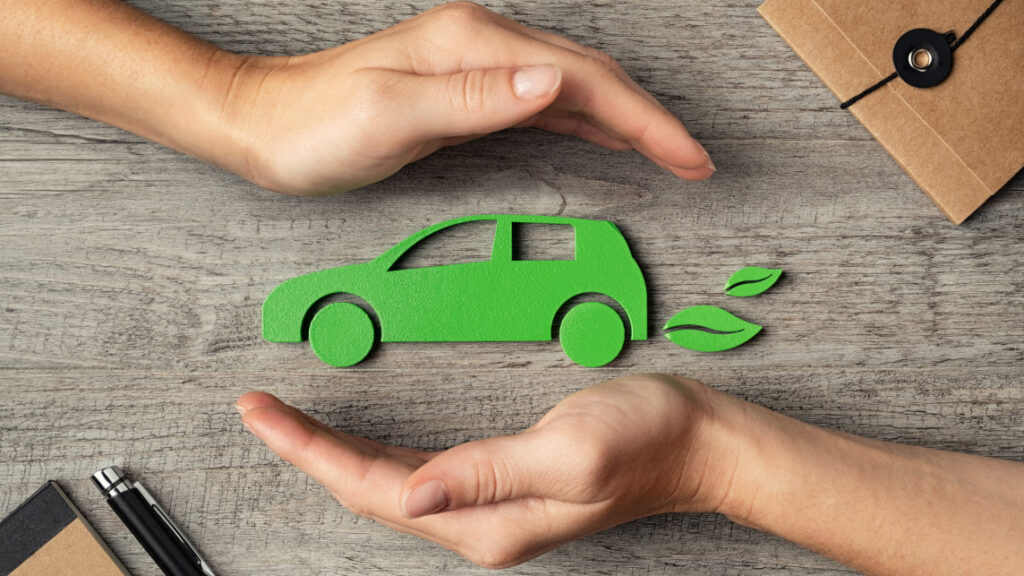Diagnosing engine problems smartly and replacing defective car parts exactly when necessary – artificial intelligence (AI) helps save resources in car repair shops. Regardless of whether people, machines or materials: Car Repair 4.0 is concerned with sustainability in many respects.

By Ralf Schädel, IT Editor and Project Manager Cloud Services and Gaia-X at eco – Association of the Internet Industry
Once the indicator lights on the dashboard of a vehicle light up, there is no more room for decision-making and action for vehicle owners. If they do not want to risk larger and, therefore, more expensive damage from supposedly minor problems, there is no alternative to a trip to a car repair shop to have the error memory read out. AI-supported diagnosis, as developed by the Car Repair 4.0 project, not only increases the accuracy of the analysis but also meets the requirements of car repair shop owners, customers – and the environment.
Outdated error diagnosis causes waste
The number of electronic components in a vehicle has increased so much that independent car repair shops are finding it increasingly difficult to assign the approximately 17,000 possible fault codes to clear causes. Especially as the diagnosis procedure that still takes place today via proprietary diagnostic systems using the on-board diagnostic (OBD) interface is reaching its limits. The so-called Diagnostic Trouble Codes (DTC) only refer to the parts recommended by the system for replacement. Until the cause of a DTC is found, it can necessitate several visits to the mechanic. This is not a satisfactory situation for the customer or the car repair shop owner, as time, human and technical resources are wasted.
Demand for a sustainable solution
And what’s more: the range between 25 and 60 Euros for a professional error diagnosis underlines how difficult it is for an independent car repair shop owner to calculate costs, because there are often still rework jobs to be done – which are difficult to explain to the customer. The need for solutions such as those developed by the Car Repair 4.0 funding project is therefore enormous. Especially in terms of sustainability.
Conserving resources is the order of the day
Today, the time for replacing parts is often based on experience. A camshaft drive chain, for example, should be replaced after about “160,000 kilometres” or after “three years”. True to the motto “better safe than sorry”, a component is replaced regardless of whether it still works. In the end, a component ends up on the scrap heap that could possibly have run for many more thousands of kilometres. Could have and should have.
Car Repair 4.0 ensures value retention
Error diagnosis that is data-driven and can take into account the individual life cycle of components with AI has the potential to ensure value stability even for older vehicles. Clear guidelines instead of only guestimates of the lifetime of wear parts enable predictive maintenance that can be planned by car repair shops and car owners, which extends the life expectancy of cars.
Important findings for R&D
Causal and automated diagnostics are also crucial for manufacturers. Billions flow into their research and development (R&D) departments every year to eliminate errors in the next generation of vehicles. Every manufacturer’s R&D department will be interested in reducing these costs. High-resolution data from ongoing vehicle operation, such as that obtained by Car Repair 4.0, make it possible to gain important insights into quality characteristics. In this respect, Car Repair 4.0 will also have an influence on new vehicle generations.
Did you like this article? Then subscribe to our Newsletter and receive regular updates on similar topics and on the car repair project, and discuss this and similar exciting topics with us in our LinkedIn group.
